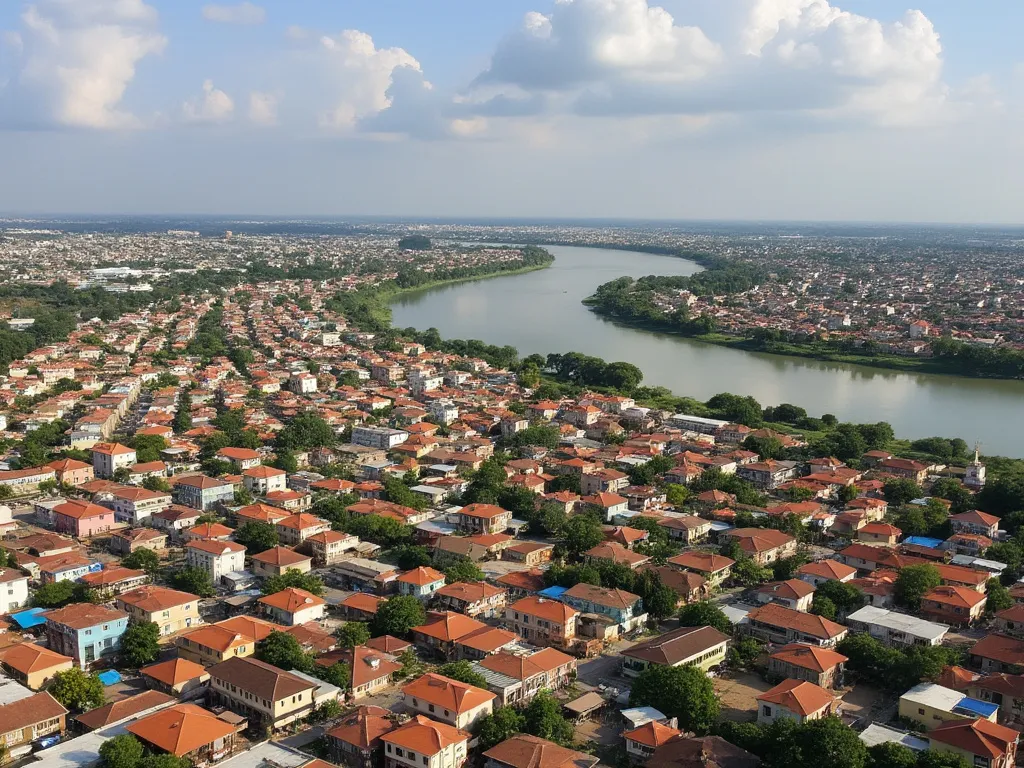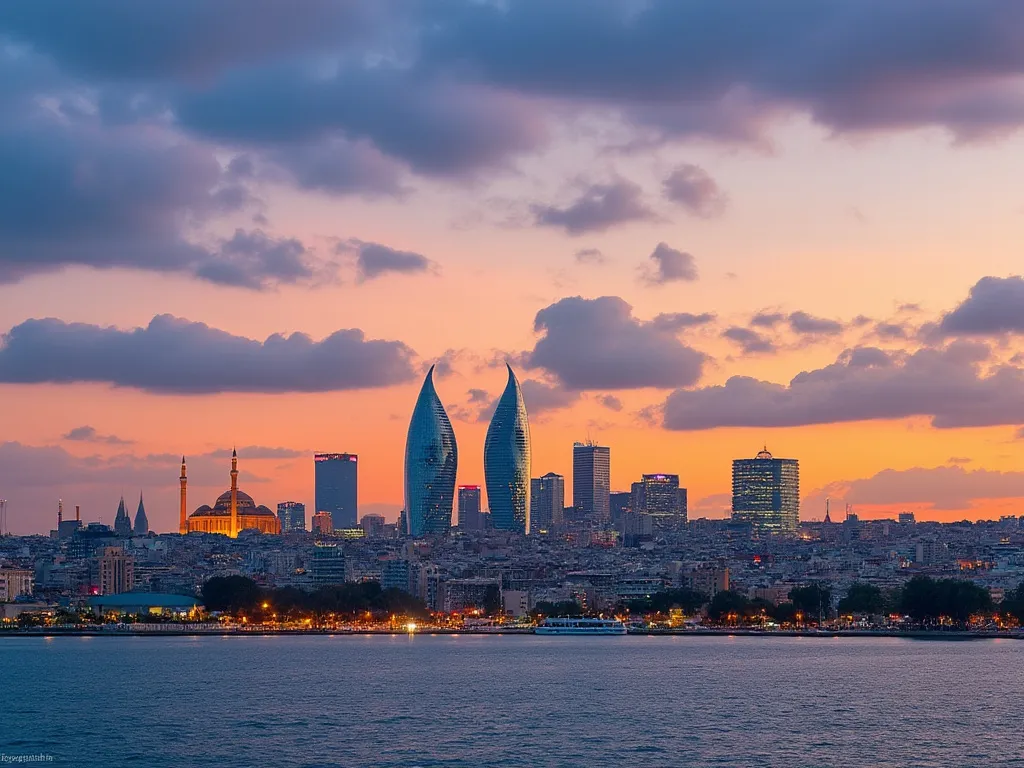
Bamako, the capital and largest city of Mali, is a vibrant and bustling metropolis located in the southwestern part of the country. With a rich cultural heritage and a blend of traditional and modern architecture, Bamako is a fascinating destination for travelers and a hub for economic and cultural activities in West Africa.
Bamako Information
| Country | 🇲🇱 Mali |
| Population | 2,513,358 (2020 estimate) |
| Coordinates | 12.65°N 8.0°W |
| Area | 245 km² (94.6 sq mi) |
| Climate | Savanna climate (Köppen climate classification Aw) |
| Language | Bambara, French (official) |
| Currency | West African CFA franc (XOF) |
| Time zone | GMT (UTC+0) |
| Proximity to other major cities | Timbuktu (691 km / 429 mi), Ouagadougou (755 km / 469 mi), Dakar (1,044 km / 648 mi) |
Historical Background of Bamako
Bamako has a long and storied history dating back to the 14th century, when it was a small fishing village on the Niger River. The city's strategic location made it an important center for trade and commerce, and it was eventually conquered by the French in 1883. During the colonial period, Bamako underwent significant modernization and development, becoming the capital of French Sudan in 1908. After Mali gained independence in 1960, Bamako continued to grow and develop, becoming the country's economic and cultural hub.
Geographical Location of Bamako
Bamako is situated in the southwestern part of Mali, on the banks of the Niger River. The city is located in a region of savannas and grasslands, with a tropical savanna climate characterized by high temperatures and low humidity. The Niger River, which runs through the city, provides a source of water and supports a variety of aquatic life.
Cultural Significance of Bamako
Bamako is a city with a rich cultural heritage, reflecting the diverse influences of its history and geography. The city is home to a variety of ethnic groups, including the Bambara, Fulani, and Tuareg, each with their own distinct traditions and customs. Bamako is also known for its vibrant music scene, with a blend of traditional and modern styles. The city hosts a number of cultural festivals throughout the year, including the Bamako International Film Festival and the Mali Music Festival.
Economic Importance of Bamako
Bamako is the economic hub of Mali, with a diverse range of industries and activities. The city is a major center for trade and commerce, with a busy port on the Niger River and a international airport. Bamako is also home to a number of manufacturing industries, including textiles, food processing, and construction materials. The city's economy is also driven by its vibrant informal sector, with many small-scale traders and entrepreneurs operating in the city's markets and streets.
Interesting Facts About Bamako
- Bamako is home to the Grand Mosque, one of the largest mosques in West Africa.
- The city is known for its vibrant markets, including the Grand Marché and the Marché de Medina.
- Bamako is home to the National Museum of Mali, which showcases the country's rich cultural heritage.
- The city hosts a number of cultural festivals throughout the year, including the Bamako International Film Festival and the Mali Music Festival.
Tourist Attractions in Bamako
- The Grand Mosque: one of the largest mosques in West Africa.
- The National Museum of Mali: showcases the country's rich cultural heritage.
- The Grand Marché: a bustling marketplace with a wide range of goods and souvenirs.
- The Marché de Medina: a vibrant marketplace with a variety of traditional crafts and foods.
- The Niger River: offers stunning views and opportunities for boat trips and fishing.
In conclusion, Bamako is a vibrant and fascinating city that offers a unique blend of traditional and modern culture, rich history, and economic importance. Whether you're interested in exploring the city's cultural heritage, trying local cuisine, or simply experiencing the energy and excitement of West Africa's fastest-growing city, Bamako is a destination that is sure to captivate and inspire.
 Bandar Seri Begawan
Bandar Seri Begawan
 Bangkok
Bangkok
 Baghdad
Baghdad
 Baku
Baku